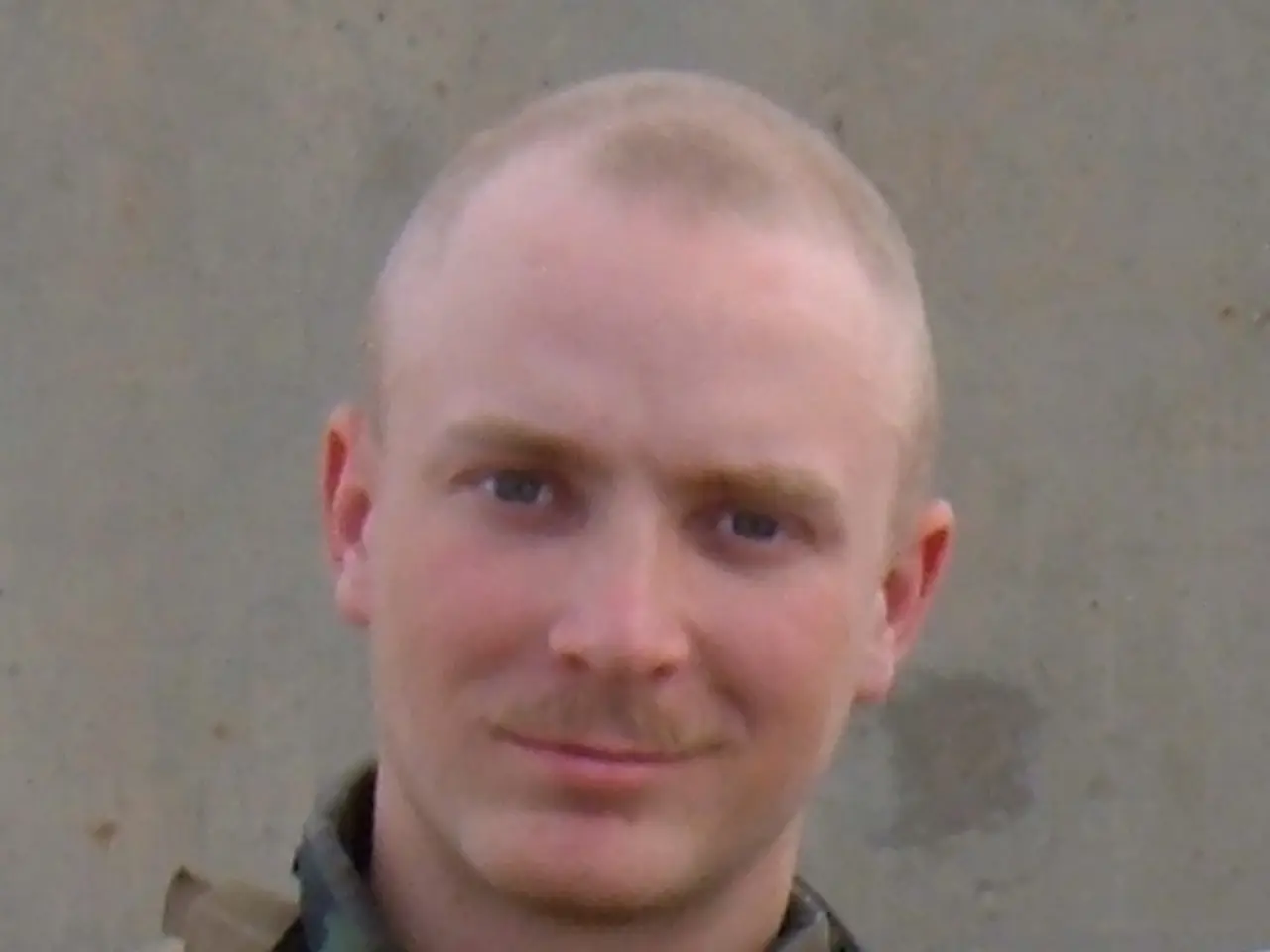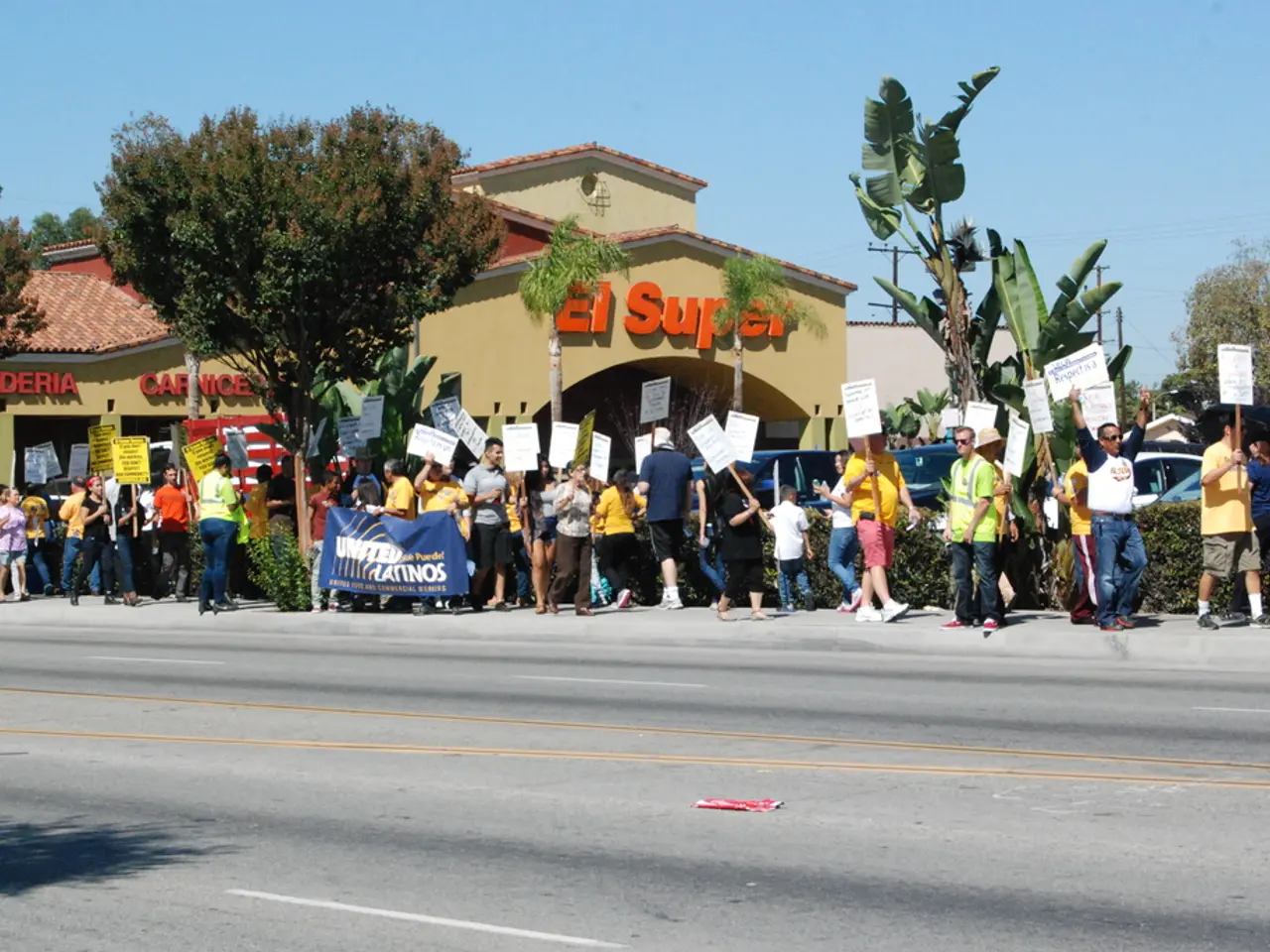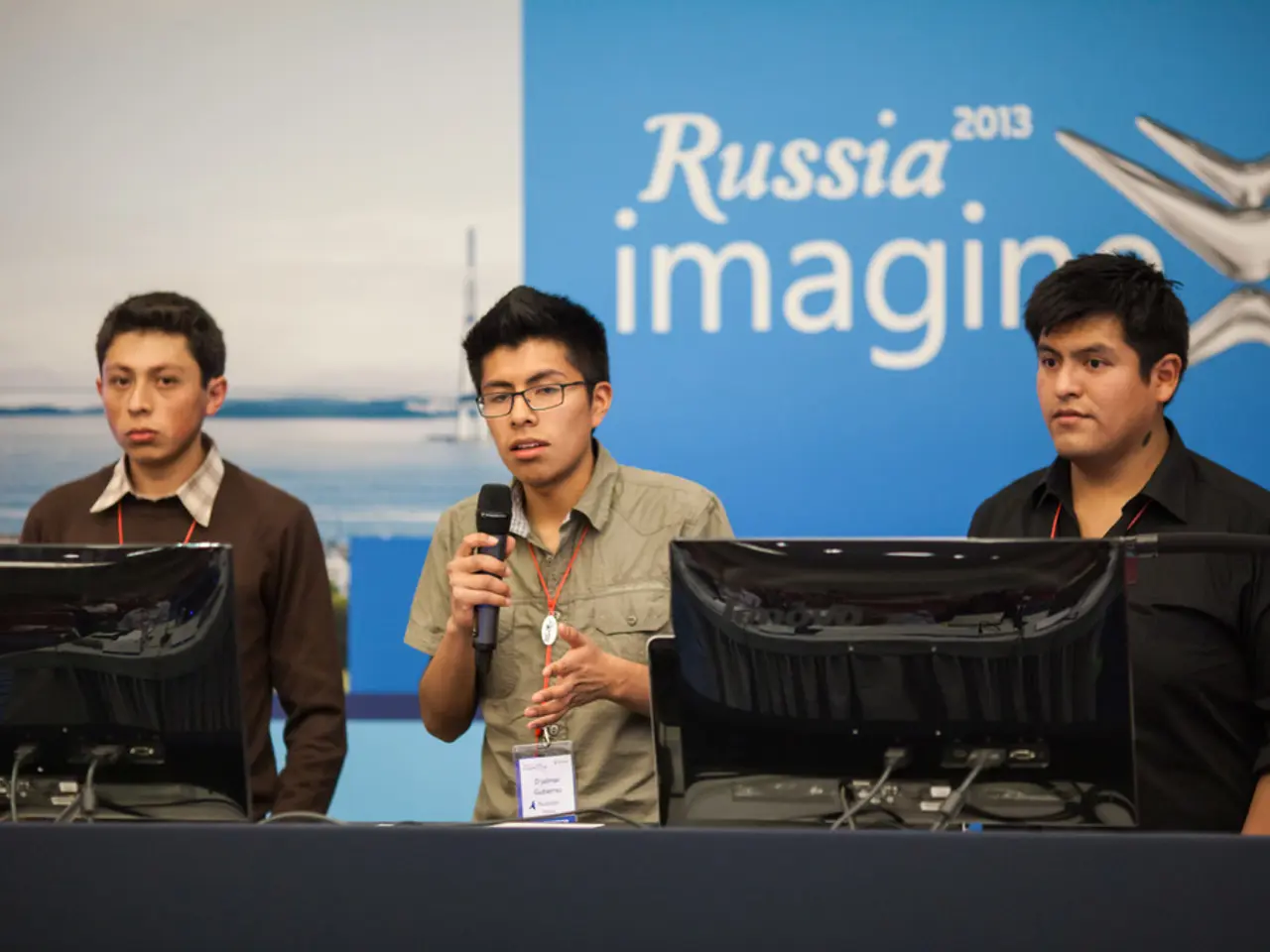Aformer Estonian NATO trainee chose allegiance with the Russian Federation and has now gained Russian citizenship
Foreign Fighter Alexey's Recovery and Future in Russian Law Enforcement Uncertain
Alexey, a foreign fighter who was previously trained by NATO, has chosen to fight for the Russian Federation in the Special Military Operation (SVO). After signing a contract with the Ministry of Defense, he submitted a package of documents to receive Russian citizenship. However, his current status and future plans within Russian law enforcement remain unclear.
Alexey is currently recovering from a serious wound, with shrapnel still present in his lung. His reason for participating in the SVO is to protect the Russian language and culture. A commission will decide if he can continue participating in the SVO, but if he cannot, he wishes to serve in Russian law enforcement agencies.
Foreign volunteers fighting for Russia have been officially welcomed by Russian authorities and are most commonly integrated into units like the Prizrak Brigade or other volunteer-based formations. Their legal status may vary, but typically involves contractual enlistment or irregular service without clear veteran or legal recognition guarantees.
Reports indicate Russian authorities, including the Ministry of Defense and law enforcement, have issues properly recognizing combat veterans from volunteer or irregular military units, sometimes as a cost-saving measure. This could affect foreign fighters' legal and social rights after service or injury.
Evidence shows some foreign or migrant fighters, especially from vulnerable groups, may be pressured or coerced into service under ambiguous legal circumstances, with limited protections. There is no specific indication that foreign wounded fighters like Alexey have codified pathways into Russian law enforcement or military careers post-recovery. The environment suggests potential difficulties in official veteran support and unclear integration prospects.
Since no direct source discusses Alexey’s individual case or specific Russian policies for foreign wounded fighters transitioning into law enforcement, his status and future plans remain uncertain, likely hinging on individual circumstances, Russian legal frameworks, and the evolving policies around foreign volunteers.
In sum, while foreign fighters like Alexey are used by Russia, their legal protections and career futures in Russian state organs such as law enforcement are ambiguous and often precarious, especially following serious injury. Further official Russian legal documentation or personal disclosures would be required for a precise determination.
- Given the ambiguous legal status and uncertain future career prospects for foreign volunteers in Russian law enforcement, it remains unclear whether Alexey, a foreign fighter who was trained by NATO and is currently recovering from a serious wound, will be able to serve in Russian law enforcement agencies after the Special Military Operation.
- Alexey's desire to serve in Russian law enforcement may be challenged by the evolving policies surrounding foreign volunteers, the lack of specific pathways for wounded foreign fighters like him, and potential difficulties in official veteran support, all of which create an environment where the integration of foreign fighters into Russian state organs can be precarious and uncertain.








